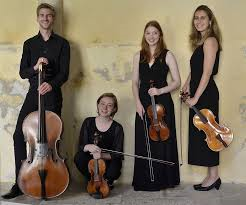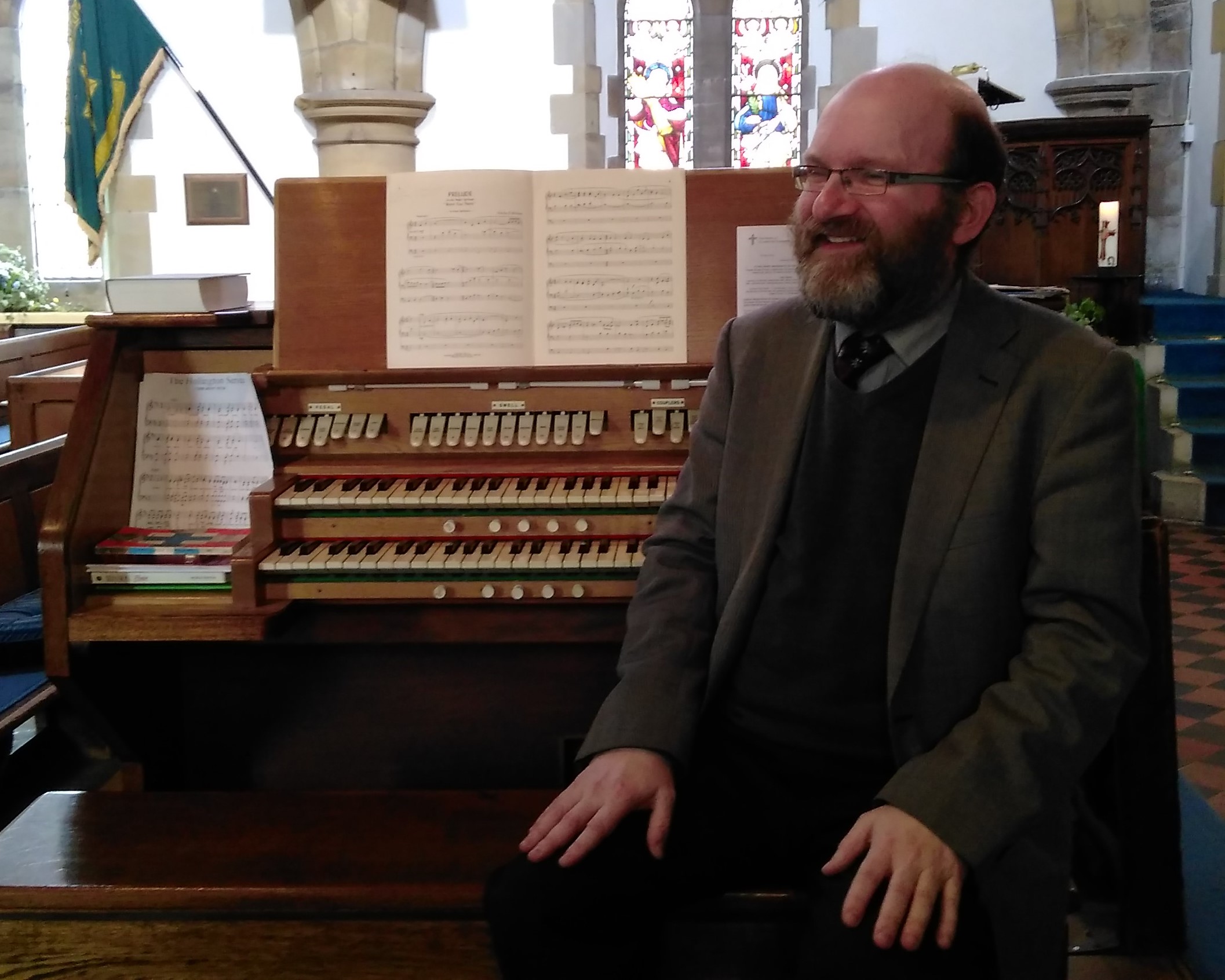Kino Teatr, Sunday 20 October 2019
The final performance in this year’s festival came from the Consone Quartet, returning after their involvement in the fine Bach evening which opened the festival. They are BBC New Generation Artists for the 2019-21 season and are the only period-instrument string quartet ever to have been accepted into the scheme.
Their programme bridged the period between Boccherini and Schumann, demonstrating with great clarity and beauty the development of the quartet over that time span. They opened with Schubert’s early String Quartet in C D32, with its fresh intensity and exuberant sense of vitality. This was followed by Haydn’s early quartet Op20 No4. The richness of tone in the opening movement was an indication of the particular warmth of gut strings, and this continued to be marked for the rest of the quartet, even in the skittish final movement.
After the interval we heard Boccherini’s brief quartet Op33 No5, which only extends to two movements but has fine changes of dynamic intensity and liveliness. The final work was Schumann’s quartet No2 Op41. Here we are on the verge of modern instrumentation but there was good reason to set it within the context of the earlier works and on original instruments, for it rapidly becomes clear that Schumann is hearing the instruments quite differently to the way we do today and thus the expectations of the listener are quite different. It was equally clear that the acoustic in the Kino Teatr was an essential part of the experience and one which helped both the ambience and intimacy of the event. This young quartet has made a very strong impression in a very short time and looks (and sounds!) certain to continue to be highly successful.
The festival was over all too soon. Next year is the big Beethoven anniversary and promises to be equally enthralling.


